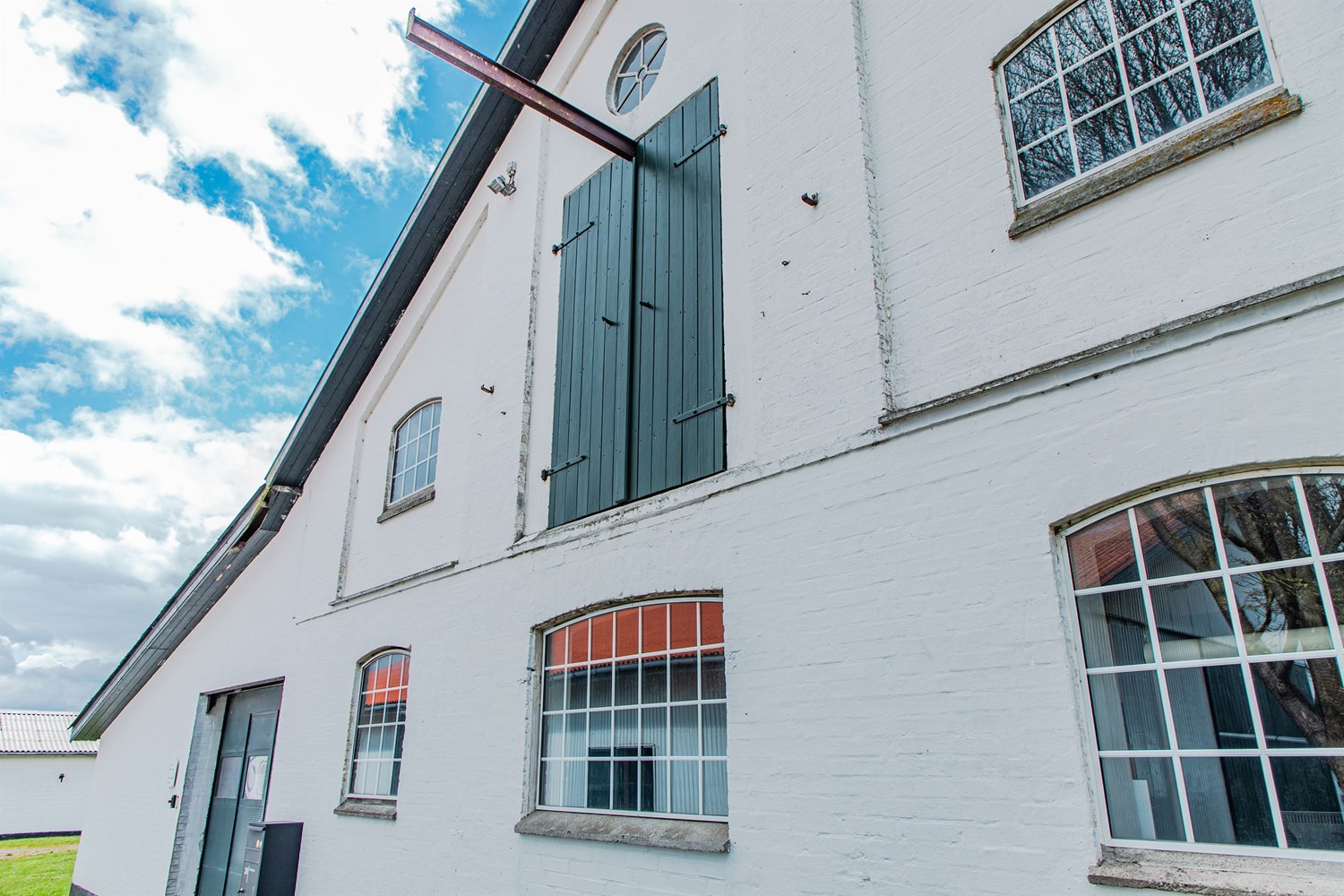
He travelled there on a bicycle ridden by Gian Chand, their cook. He tells about the rather strange school, which, however, he enjoyed. It was the Emerson Institute for the Blind and eventually he went there. One evening his father came home and said there was a school for the blind in Lahore. He had nothing to do all day when the other children went to school. Their house in Lahore seemed small to him in contrast. His father was a public health doctor and previously they lived in Rawalpindi in a government office-residence. He saw it six timesNall the children did. He remembers, especially, "Zeenat," a picture in Urdu, featuring the Muslim actress Baby Noor Jehan. Though blind, his siblings took him along to the movies sometimes. He says he doesn't want to be known as a blind writer, but that understandable wish still leaves the reader asking fundamental questions that don't go away.PERSONAL HISTORY of a period in 1946 when the writer was twelve and lived with his family in Lahore, India. Nor does he satisfactorily explain how, blind from the age of four, he's able to give such detailed visual descriptions of places and people. It doesn't help, either, that when Mehta isn't swooning over Shawn's rare qualities he's mainly making the reader aware of his own qualities and of shamelessly dropping the names of every famous person he's ever encountered, from politicians and diplomats to philosophers and writers. "No," Shawn replied, "it belongs to you - I just made it more yours., An exemplary editor, then, but, when all is said and done, just the editor of a magazine - and one to which few writers gained access - and thus hardly meriting 414 pages of slavish admiration, especially when Mehta leaves out some very basic facts, such as those revealed in the recent memoir by another New Yorker writer, Lillian Ross, who tells of her decades-long affair with the seemingly saintly and happily married Shawn. Mehta was in his early twenties and new to New York (via India and England) when he first encountered Shawn, and theearly part of this book isvery good at evoking a bygoneage in American magazinepublishing and at describing Shawn's ceaseless, indeed fanatical, attention to detail in editing the manuscripts of his writers - teasing out with them what they meant to convey in any given sentence or paragraph and enabling them to find exactly the right words and rhythms for their purpose.Īt the end of one such session with Mehta, the young writer remarked that the finished piece seemed to belong as much to Shawn as to himself. Yet because of his modesty and quite reverence for standards, he inspired as much devotion as his more flamboyant predecessor, founder-editor Harold Ross, had managed. By all accounts (and in the cocooned, incestuous world inhabited by New Yorker writers there have been many), he was the kindest and most self-effacing of men, who saw his primary role in life as encouraging good writing.

The irony is that Shawn was not a monster who demanded such deference.

Ved Mehta was so in awe of William Shawn, the legendary editor of The New Yorker magazine from 1952 to 1987, that throughout this memoir-cum-homage he can't bring himself to refer to him as anything other than "Mr Shawn".

Remembering Mr Shawn's New Yorker: The Invisible Art of Editing By Ved Mehta Sinclair-Stevenson, st£19.99 The title says it all.


 0 kommentar(er)
0 kommentar(er)
